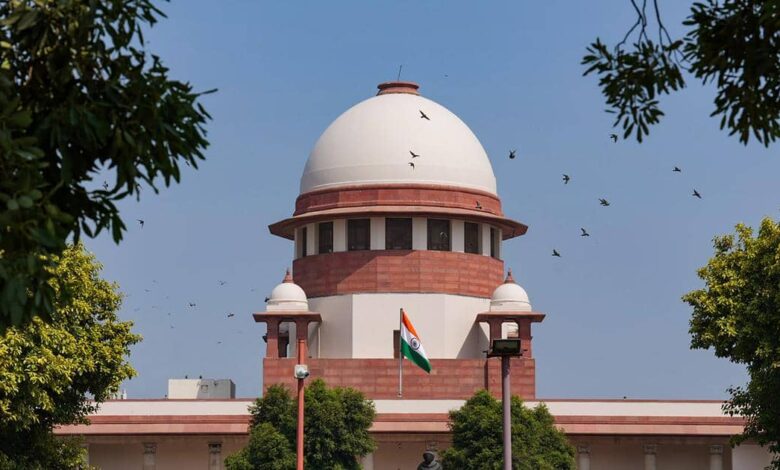
The Supreme Court has sharply commented on bulldozer justice, explaining the rationale of tearing down homes since they are owned by accused or defendants in criminal matters. During a session today, the court suggested certain nationwide standards that must be adopted before demoing residential structures.
Speaking for the petitioners, Senior Advocate Dushyant Dave said that the Court must make it unequivocal that it does not approve of the rampant use of bulldozers nationwide. For this, Solicitor General Tushar Mehta said that no property should be demolished only on the basis of a person’s criminal participation. He emphasized that such actions should only be taken if the structure is considered unlawful.
Justice BR Gavai also argued on the point that it is unconstitutional to knock down people’s homes merely on allegations or convictions.
“If construction is unauthorized, that is okay, but there must be a systematic way,”
he said. Justice KV Viswanathan also emphasized the need for some measures to ensure that people can seek legal redress before demolition.
The court was particularly worried about recent developments such as demolitions in areas such as Jahangirpuri in Delhi, where properties were brought down due to criminal activities committed by the tenants or members of their families. Examples from one of the states in India, Rajasthan, demonstrated how a home was brought down after a student’s rampage as well. “It is not acceptable to knock down a home because of someone in the family,” Justice Viswanathan spoke.
When the session ended, the court fixed 17 September as the date for a further hearing on the matter while calling for ideas on how best to deal with it. The bench reiterated that demolitions must be done legally and properly and hence appreciated the stand taken by the Uttar Pradesh Government on the issue.
A heated argument ensued between the Solicitor General and the counsel for the petitioners, after which Justice Gavai wanted the order to be maintained. People have, however, raised concern over what is commonly referred to as “bulldozer justice,” largely associating it with unfairness because many end up being penalized for offenses committed by just one member of their household or family.



